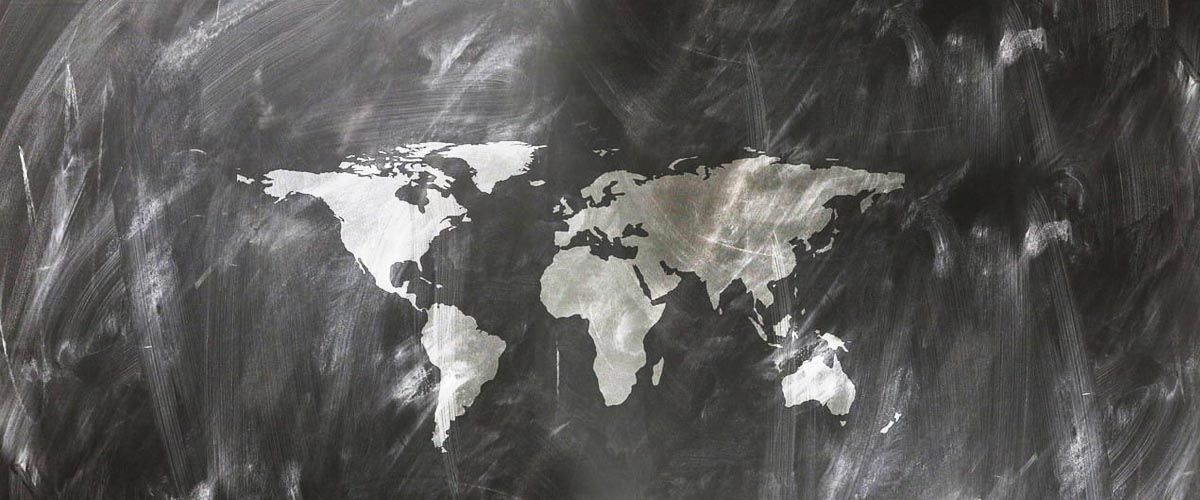contest winners (2024)

Lara Veramendi Marban
Universidad Autónoma de Madrid
AI language as a diffusor of global culture
Artificial intelligence (AI) is now a tool that most people can not avoid; whether a person is talking to a virtual assistant, using social networks or having an intelligent household, AI has become a part of our daily routines; therefore, it has an effect on our behavioural patterns and principles, which could be translated into the culture, as defined by the American Sociological Association: “The languages, customs, beliefs, rules, arts, knowledge, and collective identities and memories developed by members of all social groups that make their social environments meaningful.” However, AI does not only affect culture but also reproduces it globally; for example, a college student in the US might be using “Chat. GPT”, one of the most common AI tools in schooling nowadays, to do an academic paper, another student in Spain may be employing the same software, asking the same questions for the exact report. Hence, they will be receiving the same answers in content but not in form. Both students might be requesting them; in different languages, contexts of conversation and formulas. This proves that AI reproduces culture across the globe. However, it has been proven that they are not specifically reproducing a culture affiliated with one society but a “global culture”. The AI engineers generate “languages”,1 as we learned from Professor William Marcelino, for the program to be able to perform in specific circumstances. Regarding our example, if both students were to ask for an explanation for a historical event, they would receive the same amount of data and scope about such occasions. Nevertheless, the program would be transmitting those answers with different words and formats. This means that the AI engineers are not only endowing the AI with general knowledge but also teaching it different behaviours depending on the subject. On the one hand, these last explanations support the idea that AI is a tool for globalization to influence the different existing cultures, globalizing the principles and behaviours of such.
On the other hand, they might be the key to understanding the actors and how “global culture” is created. Firstly, we comprehend globalization as a trend that interconnects and interdepends on matters across the globe2. The uprising of new technologies, new methods of communication and global networks, have facilitated the process of globalization. This approach has affected society into developing this previous concept of “global culture”. This last concept is described as a homogenization of the existing cultures into a new one. We can see its effects on, for example, eating habits reproduced by global franchises of restaurants, style trends transmitted through social networks and most notably political and social behaviours interconnected by media and technology. Therefore, the use of AI programmes across the globe and notably on different daily basis electronics facilitates the globalization process of spreading this “global culture”.3 The AI behaves in certain ways depending on geography, previous interactions and context, however, it reproduces the same data programmed in its language.4 Secondly, this use of AI in the globalization of culture might be the key to answering the paradigms of who is creating these new trends and how are spreading. The AI language can be used to reproduce certain points of view and beliefs, however, the engineers try to program them as equally as possible, so there is no discrepancy between people across the world, knowing that their programs will be used worldwide. This means that they try to acknowledge all cultures, which is a problematic task as there is no sociological method to determine the empiric behaviour of all societies. Due to this, the AI language5 has been shaped to replicate global culture, a mixture of all at the same time. Indeed, it might be one of the main actors in shaping this homogeneous culture.
To conclude, considering that AI development faces serious issues like agency or ontology, we have to acknowledge that it is part of our lives.6 Hence, the effects that AI use holds in society and culture are still a mystery, while we try to find reasons that explain why all humans for the past years have been behaving in a certain way. Artificial intelligence has been proven to be a diffuser for the globalization of culture, nonetheless, encounters questions as to whether is the cause or not.





